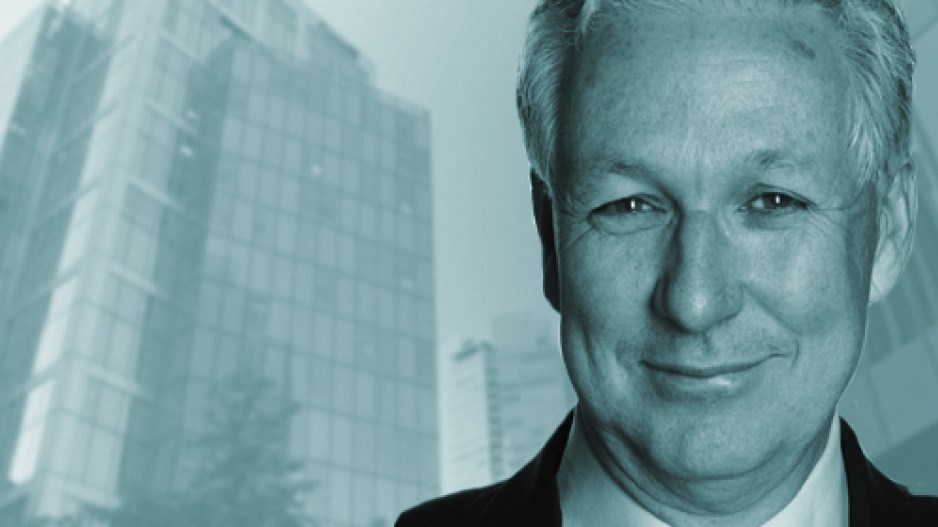As Stephen Harper rolls into the real election campaigning that begins after the Labour Day long weekend, he must be praying for some good news on the economic front.
The news so far has been pretty miserable. With a year of falling oil prices, month after month of stagnant (or worse) gross domestic product growth and a week of wild market turmoil, Harper’s “sound hand on the tiller” messaging is sounding a little hollow.
News that the Canadian economy is in recession has encouraged Liberal leader Justin Trudeau to roll the dice and stake his campaign on a massive infrastructure-building program and three years (at least) of budget deficits. At the time of writing, NDP leader Thomas Mulcair is sticking with his story of fiscal prudence but has been reduced to pulling fiscal rabbits out of a hat to support his party’s aggressive social agenda with the promise of balanced budgets. Regrettably these solutions are just bandages – feeble attempts to fight symptoms, rather than tackling the underlying economic disease.
So, what’s wrong with the Canadian economy?
Over the past few decades globalization has hollowed out the nation’s manufacturing base in Ontario while market forces have directed that we become primary producers of the rawest, lowest possible value-added (mostly energy) products. The result? We’ve become a “dig and deliver” producer of expensive raw materials in a world flooded with cheap commodities.
Ironically, we used to have a much more balanced economy. The problems with Canada’s economy started with the fall of the Berlin Wall back in 1989. When Soviet communism collapsed in the early ’90s, the world rejoiced at the end of the Cold War. Then the Russians asked the really difficult question: what is capitalism?
Regrettably, Wall Street investment bankers (under cover of the Washington Consensus – a set of broadly free-market economic ideas, supported by prominent economists and international organizations, such as the International Monetary Fund, the World Bank, the European Union and the U.S.) stepped forward to answer that question. Capitalism, they told the world, was about “free” markets. The Washington Consensus radically shifted economic decision-making away from governments to the “market.” In practice, this meant that corporations were in charge of everyone’s economy.
But corporations are not designed to take responsibility for society. They’re focused on maximizing returns to shareholders. As a result, the Washington Consensus has eroded our values. Bottom line, the Canadian economy is vulnerable today because “markets” could care less about Canada’s, or anyone’s, standard of living.
So, what is the solution to this problem?
Well, essentially, society must reassert its jurisdiction over unrestrained market forces while avoiding a retreat into protectionism.
If Canadians want a more diversified economy, they’ll have to put their money where their mouth is. Unfortunately, doing so is almost impossible. If you’re one of the majority of Canadians who has a retirement savings plan or invests in mutual-type funds, you’ll have first-hand knowledge of the capital markets problem.
Ask your financial adviser about a fund that invests in local businesses that help create jobs in the community, and they’ll look at you like you’re from Mars. Few Canadians realize that investing in the stock market through intermediaries is not investing in growth; it’s placing a speculative side bet on the economy, and sharing somewhere between 30% to 50% of the returns with your financial “adviser,” simply for that adviser doing the paperwork.
Civilizations don’t happen by accident; they’re won and lost through the quality of our decisions, our personal commitment and a lot of blood, sweat and tears. Thirty years of market idolatry has led us to this point of vulnerability. Now is the time to awaken and control our own destiny.
Robert McGarvey is an economic historian and co-founder of the Genuine Wealth Institute, an Alberta-based think-tank dedicated to helping businesses, communities and nations build communities of well-being. This commentary reprinted courtesy of Troy Media (www.troymedia.com)




